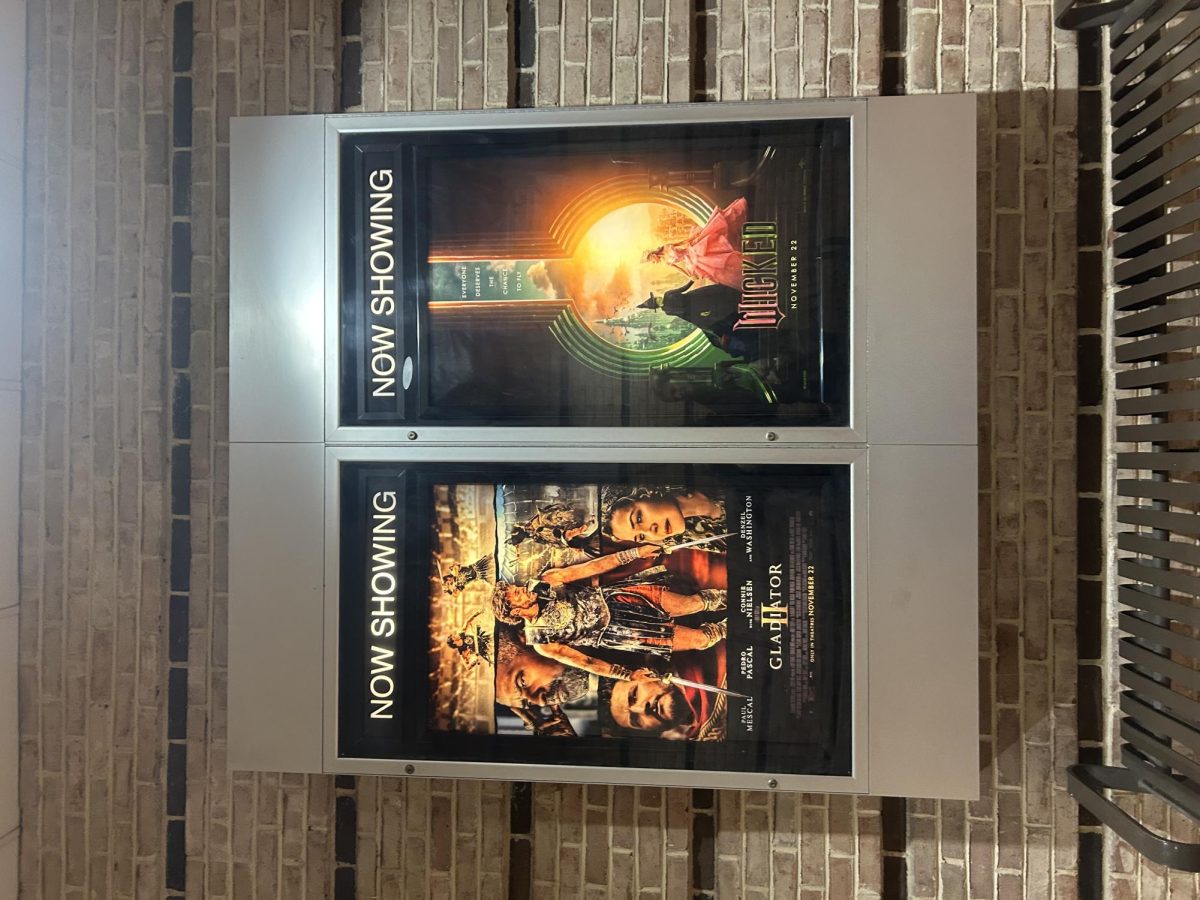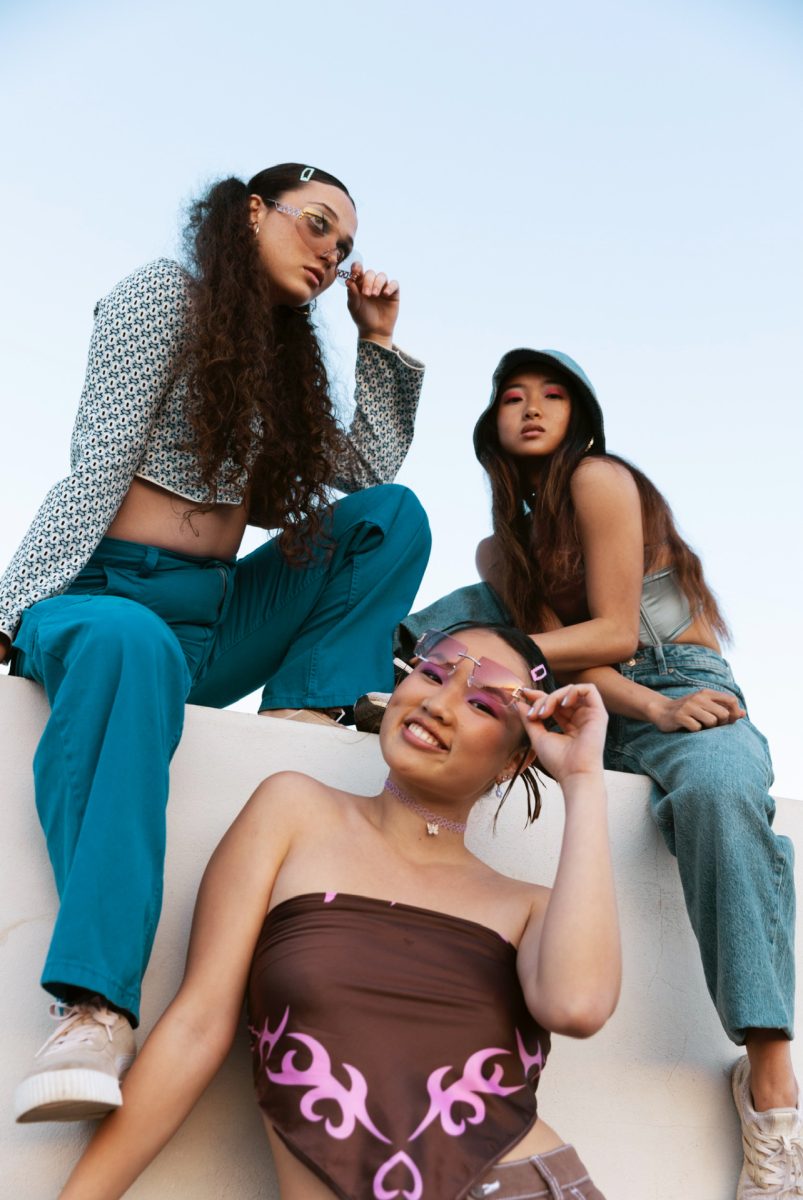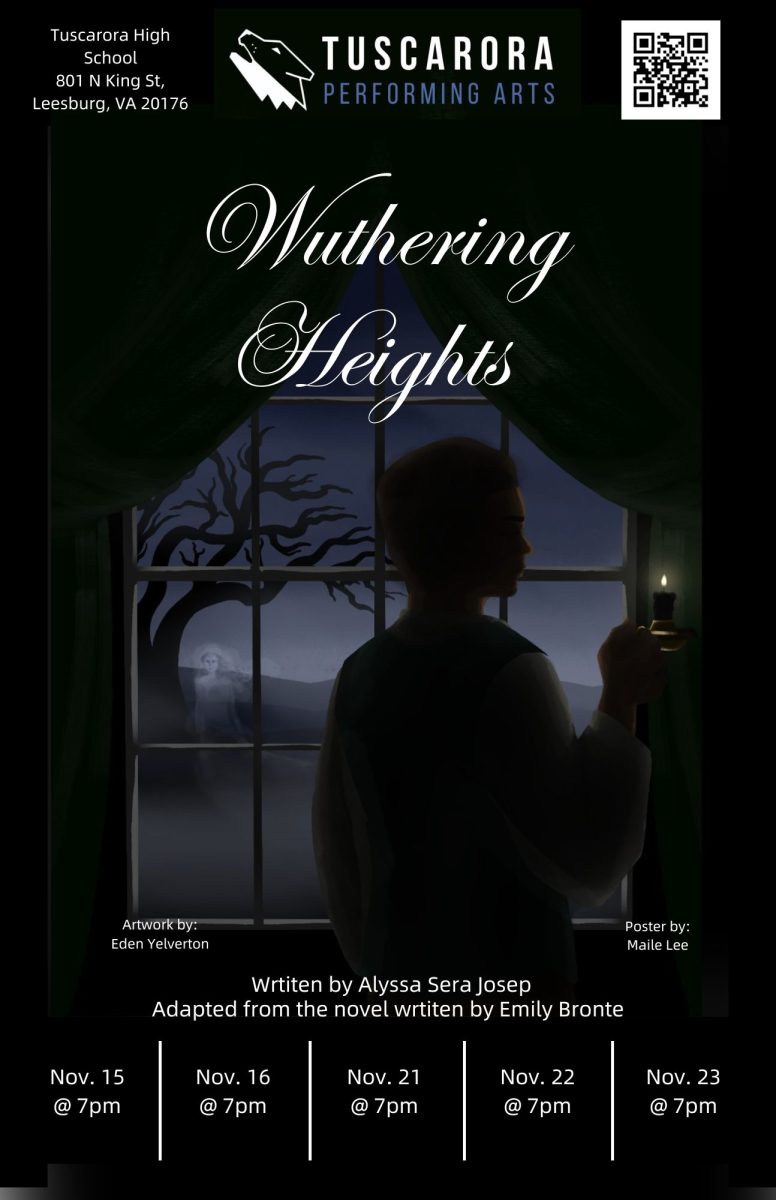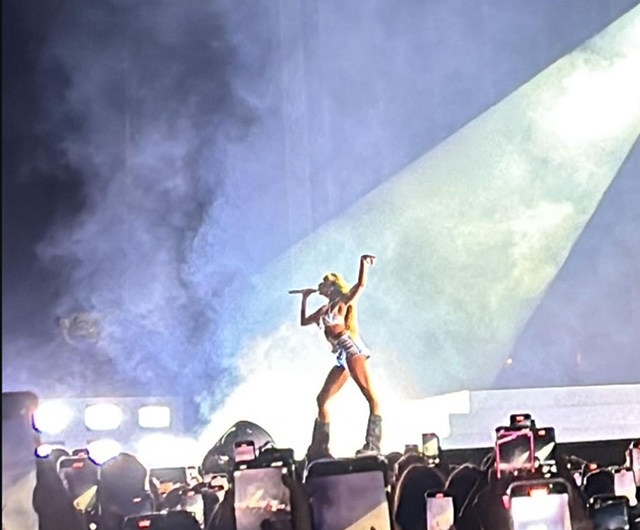By Danny Sedlazek
Trap music is one of the new staples of both the electronic and the club scene. The genre combines the tribal “trap-rap” drums with the adrenaline pumping shrieking of heavy dubstep. The combination of the two is enough to make the most innocent tiny lamb go feral with dance. It’s a fairly young genre, and only recently became mainstream with Flosstradamous and DJ Solo breaking through in the past six months. The genre has been bouncing around in the underground realm of consciousness for the past few years, however.
In 2012, the duo TNGHT released an EP that is very hard to classify. They work with mid tempo 4/4 beats with trap drums scaled down to their bare minimum structure and huge sub-bass. It uses all of the components of trap music, but pushes them in a more ambient direction: it’s Post-Trap. Trap has already moved on from its genesis into new territory in less than half a decade.
To put this into perspective, it took rock almost five decades to move from its initial idea. Even at that, Post-Rock is still barely differentiated from actual rock music. Post-Trap sounds nothing like trap music, yet clearly is rooted in the previous genre. How did this rapid shift occur?
Thank the Internet.
The Internet’s allowance for easy access to information and data sharing has forever changed music. New genres are being created all the time and then advanced in short time spans. This is especially true with electronic music, whose sound boundaries are nearly endless. However, we can see the effects of the Internet revolution far beyond electronic music. Cloud Rap has become one of the most popular sub-genres of rap with A$AP Rocky, Flatbrush Zombies, and Lil B all making significant contributions to the genre, which is only three years old.
Yet Cloud Rap already seems to be losing popularity. Its most popular contributor, A$AP Rocky, has already abandoned the genre, and it seems more and more hip hop artists are trying to bank on the dubstep revolution rather than the Cloud Rap push in order to strike it big.
So we can see the Internet leading to two major impacts on music: we’ll see more rapid burnout fads like Cloud Rap, Psy, and Odd Future (does anyone even care about Tyler anymore?) that will generate a huge online presence and get a couple of mainstream hits then, when the attention span of their fans die out, fade into cult status. It wouldn’t be beneficial to music as a whole, but it would swell the record industry’s pockets.
However, it could also result in rapid advancement and fusion of genres never thought possible. James Blake is pioneering Post-Dubstep by infusing dubstep ideas with soul elements and ending in amazing results. 8-Bit music is also being pushed into new, melodic, and epic directions at an unimaginable rate.
The Internet is a double-edged sword for music; hopefully one side is duller than the other.





